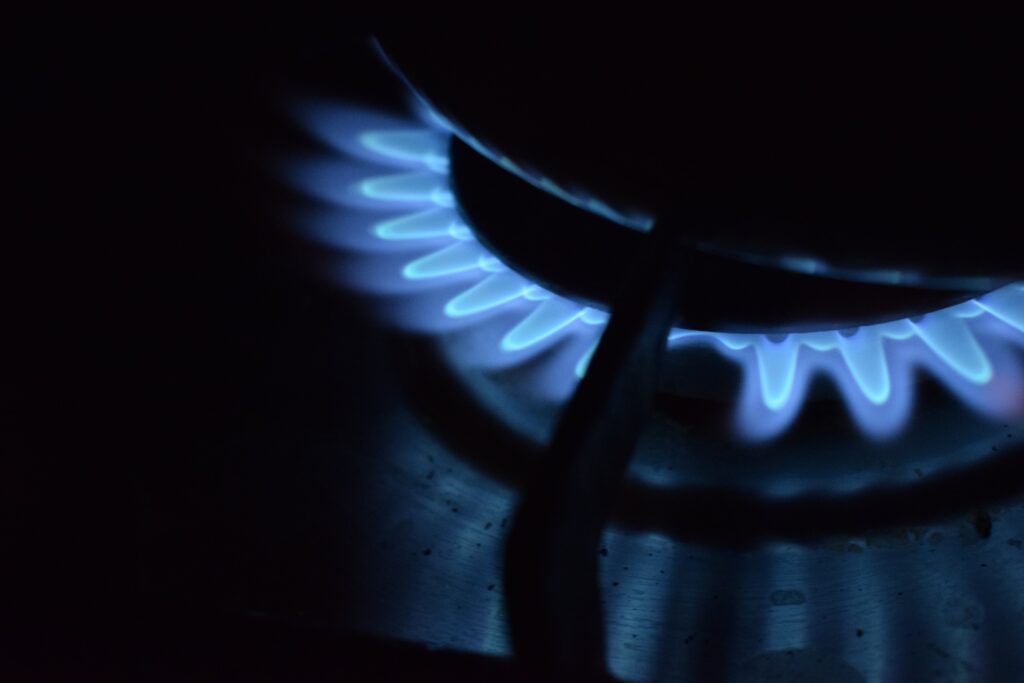A frightening statistic hit the headlines last month, predicting that up to two-thirds of UK families could be facing fuel poverty by January 2023. Already-announced Government support was clearly not cutting the mustard as even middle-income households would be left with huge energy bills they wouldn’t be able to pay. Inflation has also hit a 40 year high of 10.1%, straining household purses even further.

In response to this tidal wave of bad news, newly appointed Prime Minister Liz Truss has set an energy cap at £2,500 in order to help struggling households this winter. A long-overdue piece of good news, Truss’ first set of policies as PM should go some way in setting households’ minds at rest as the colder months set in.
The new legislation in more detail
The new price cap is due to begin on the 1st October 2022 and it will last for two years. The prices that suppliers charge will fluctuate as normal, but the Government will cover the surplus amount. For those who live off-grid, including those in mobile homes and using heat networks, support will also be offered in the form of a discretionary fund.
As for businesses and other non-household energy users, they will receive the same support, but for a shorter period of six months. After this initial six-month scheme, support will be extended for vulnerable industries. This will be reviewed every three months with more details to be announced soon.
How does this impact you?
Depending on your household income and what kind of tariff you are on, this price cap will mean different things.f you would like more clarity, visit a trustworthy conveyancing solicitor to find out what this new legislation means for you.
- A ‘typical’ household could see an annual bill reduction of £1,000 based on current pricing.
- Households will still be eligible for the £400 Energy Bills Support Scheme, paid in 6 monthly instalments from October.
- The most vulnerable of UK households could also receive £1,200 of support in instalments throughout the year.
- For those outside the schemes and live off-grid, there will be equivalent support given out.
Those who have fixed their tariff at higher rates to cover the surplus, they will have their rates reduced in order to get more for their money. If you would rather opt out of your fixed rate to benefit from the new price cap, wait to hear about your new rates and then make a decision. It might be more cost-effective to stay in your current tariff.
Truss’ latest legislation could go a long way in making winter more bearable. Whilst the longterm plans are unclear, this energy cap is good news for households everywhere in the UK.

